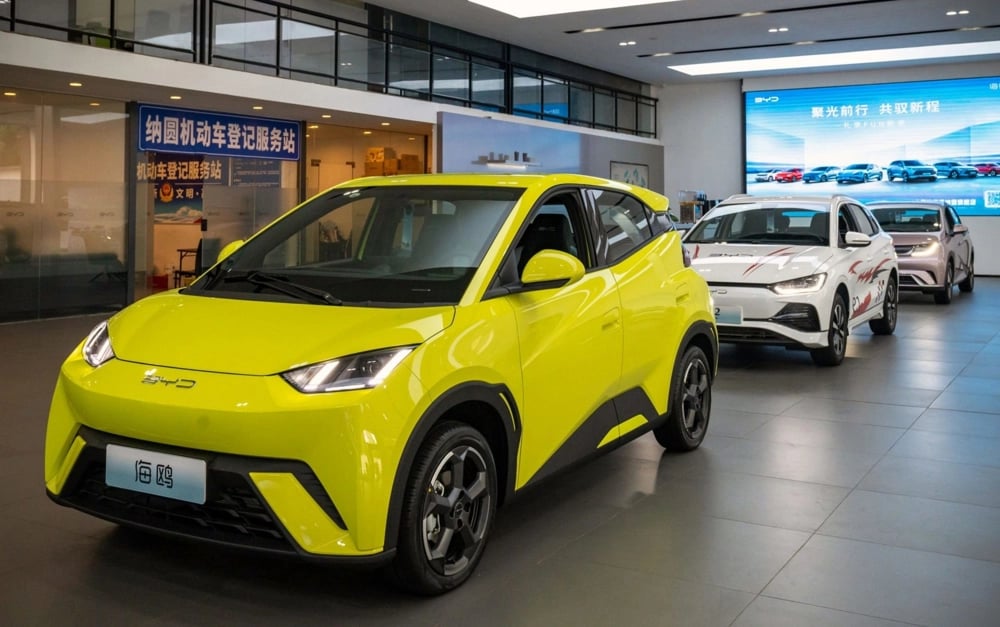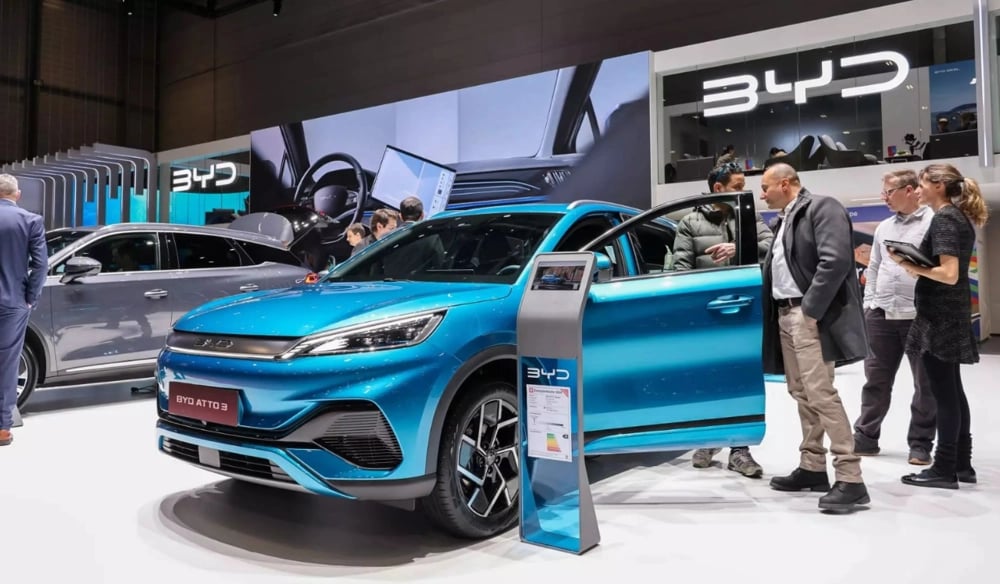Price War in China's Electric Vehicle Sector Triggers Unprecedented Challenges
The Chinese electric vehicle (EV) industry finds itself entangled in a fierce price war, leading to significant declines in stock prices and prompting unusual levels of government intervention. As market turmoil unfolds, analysts suggest that this may be merely the beginning of a larger upheaval. The Chinese government, despite its efforts to halt BYD Co.'s $BYDDF price-cutting from spiraling into a vicious cycle, faces the challenge of addressing weak demand and excess manufacturing capacity, both expected to impact profits of dominant brands and eliminate weaker players.
Production Capacity and Market Inefficiencies
In light of the industry's current state, it is critical to note the persistent underutilization of production facilities. Although the number of EV manufacturers has decreased for the first time last year, the sector continues to operate at less than 50% capacity. This disparity between supply and demand underlines deep-rooted inefficiencies within the market.

Government Reactions to Market Complications
In an attempt to stabilize the industry, Chinese authorities have condemned what they describe as the sector's “rat race” competition and summoned executives from leading companies to Beijing for strategic discussions. However, past interventions have proven inadequate in curbing volatility, indicating the complexity of the situation.
Production Capacity: Underutilization impacts economic stability.
Government Actions: Strategic dialogues and sector critiques.
Market Challenges: Pricing strategies lead to unstable profits.
Investment Trends: Select few automakers show resilience.

Investment Implications and Market Forecasts
Investor sentiment currently favors a limited number of automotive manufacturers, though market conditions remain volatile. A prime example is BYD, which has seen its market value shrink by $21.5 billion since reaching its peak market cap in late May. This decline reflects broader market unease, suggesting further consolidation as only the most resilient companies survive the ongoing upheaval.
Strategic Outlook and Long-term Implications
The ongoing price conflict within China's EV sector sets the stage for significant market transformation. Structural issues, such as residual overcapacity and erratic demand, are likely to drive strategic decisions among automakers and policymakers, necessitating adaptive strategies to sustain growth.















Comments
It’s a pivotal moment for the industry as sustainability and strategic adjustments become more critical than ever!
Navigating this competitive turmoil will be crucial for the future resilience of the Chinese EV market!